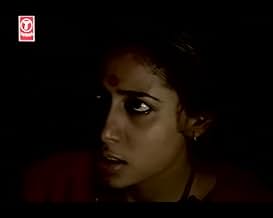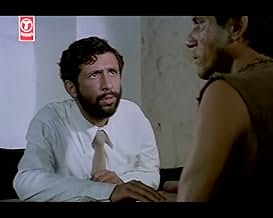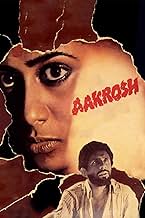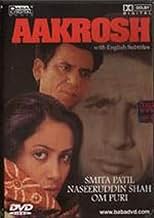This is one of the best movies ever made in India. It is unfortunate that the world associates films in India exclusively with bollywood (atleast post-Ray), and so, films like Aakrosh do not get their due. The film pits the idealism of a young lawyer, Bhaskar (Naseer), who is the public defendent for a tribal man, Lahanya (Om Puri), against the inhumanity of the very milieu he has grown up in and is a part of, and which exploits tribals off their labor, life, and dignity with abandon. Especially poignant is Bhaskar's relationship with his mentor (Amrish Puri) who is the public prosecutor in this case. The two share an extremely cordial relationship in personal life but are gulfs apart when it comes to their work and professional ideals.
But probably most important point of the movie is what social theorist Gayatri Spivak asked some years later (in the context of women though)-- 'can the subaltern speak?'. Aakrosh is a forceful reminder that in our capitalist and bureaucratic postcolonial set-up, they indeed cannot.
Nearly all performances in the film are brilliant. Naseer, as the idealist lawyer is completely immersed in his character, to the degree that one forgets that it is Naseer you see on the screen, so good is he as Bhaskar. Something, however, that cannot be said about any of the mainstream 'heroes' in Bollywood. The film, I think, is worth watching for Naseer's method acting alone. Om Puri is remarkable as a tribal man framed in the murder of his wife (Smita Patil in a brief appearance), who, as we discover in some painful shots, loves her a lot. The agony on his face is haunting. And Amreesh Puri is extremely effective as the public prosecutor. The best scenes for me, personally, were Naseer's incessant, and ineffective, pleas to Om Puri to speak up and his cross examination of the witnesses and monologues in court. If anyone needs a great exposition of method acting, then the song 'sans mein dard' is the place to start. Following Naseer's movements in it are extremely educative.



























